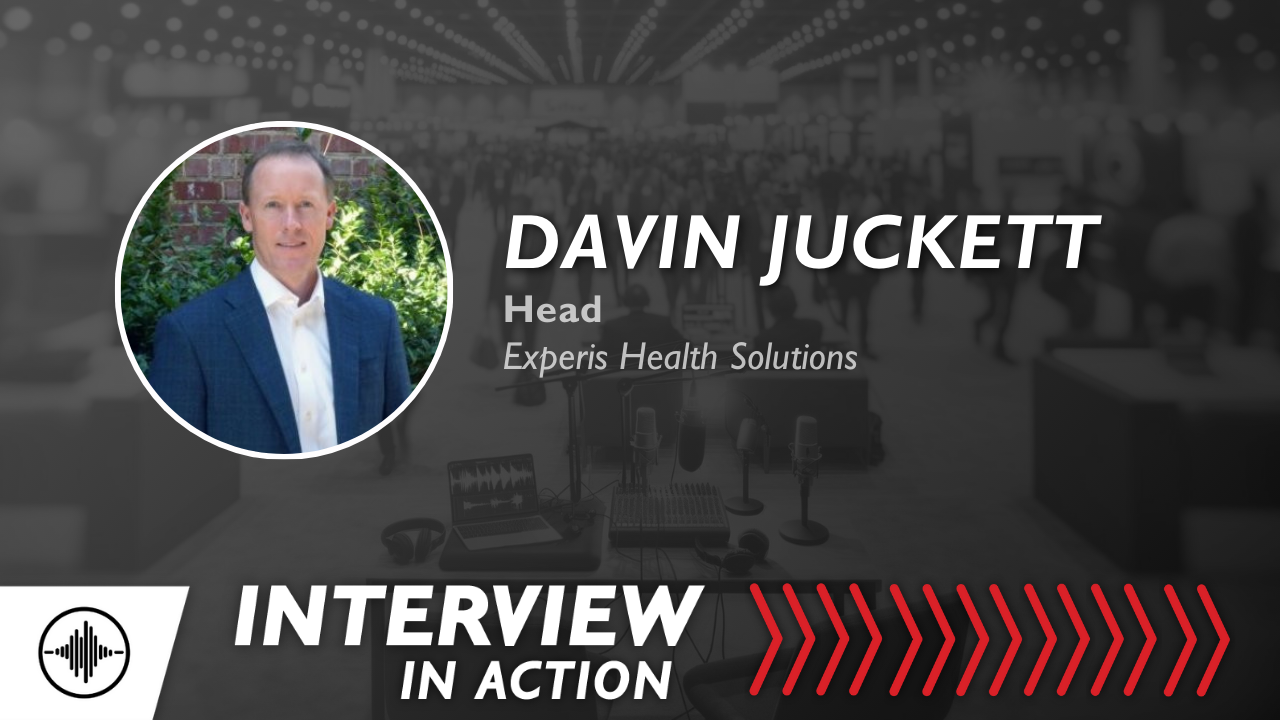






July 23, 2025
Artificial intelligence and machine learning are increasingly used in critical systems but introduce new risks through adversarial AI, which manipulates AI models to produce incorrect outputs. These attacks exploit the decision-making processes of AI, leading to serious implications such as failures in self-driving technology and biases in fraud detection. The various types of adversarial attacks—including prompt injection and data poisoning—highlight the complexity of safeguarding AI systems against such threats. Healthcare professionals must be aware of these risks as they adopt AI technologies, ensuring robust cybersecurity measures to protect sensitive data and maintain the integrity of AI-driven decisions.
Adversarial AI Threatens Cybersecurity: New Risks in Critical Systems Secure World
July 22, 2025
Health systems like Parkview Health, which operates 14 hospitals and employs over 16,000 individuals, face considerable challenges in modernizing their IT infrastructures due to technical debt and fragmented applications. Dr. Darrell Keeling emphasizes the need for a thorough understanding of both technology and business dynamics to effectively address the complexities posed by aging systems and underutilized tools. As organizations grapple with these issues, including the difficulties of managing legacy IT during mergers and acquisitions, the reliance on cloud migration can exacerbate existing risks rather than alleviate them. Healthcare professionals must recognize that rationalizing applications and infrastructure is critical not only for operational efficiency but also for enhancing cybersecurity in an increasingly complex digital landscape.
Health Systems Battle Technical Debt in Cloud and AI Overhaul healthsystemcio.com
July 22, 2025
MUSC in South Carolina has initiated a virtual nursing program to combat a significant nursing shortage worsened by the COVID-19 pandemic, which has led to high turnover and burnout among existing nurses. By collaborating with VirtuAlly, MUSC aims to implement a team-based approach that redistributes non-clinical tasks such as documentation and patient education from bedside nurses to virtual nurses, thereby enhancing nurse satisfaction and operational efficiency. Initiated in October 2023, the pilot program will allow bedside nurses to focus on critical clinical responsibilities while virtual nurses support care teams remotely. This innovative model highlights the potential of technology in alleviating workforce pressures and improving patient care processes.
MUSC Pioneers Virtual Nursing to Combat Pandemic-Induced Staffing Crisis Healthcare IT News
July 22, 2025
Cybersecurity is evolving beyond traditional methods of user awareness training to address the growing complexities of cyber threats, particularly those driven by AI. The Human Risk Management (HRM) approach captures a holistic view of individual employee behaviors by integrating diverse data sources and creating tailored risk profiles. This allows organizations to implement risk-informed training and controls that are adaptive to both the individual and the continuously changing threat landscape. For healthcare professionals, embracing HRM can enhance cybersecurity maturity and significantly reduce human-related risks, promoting a culture of safety and proactive response within their organizations.
AI-Driven Human Risk Management Revolutionizes Cybersecurity Defense Strategy paulconnelly.substack.com


© Copyright 2024 Health Lyrics All rights reserved